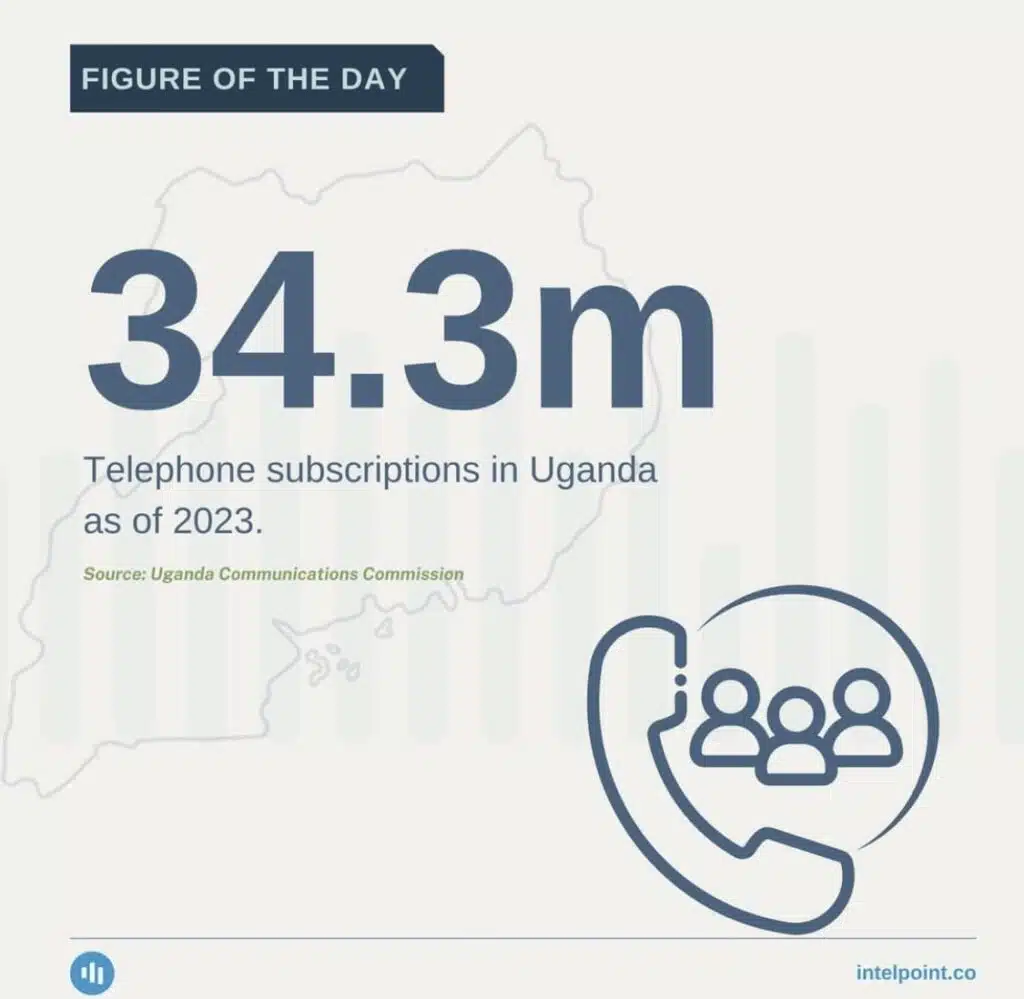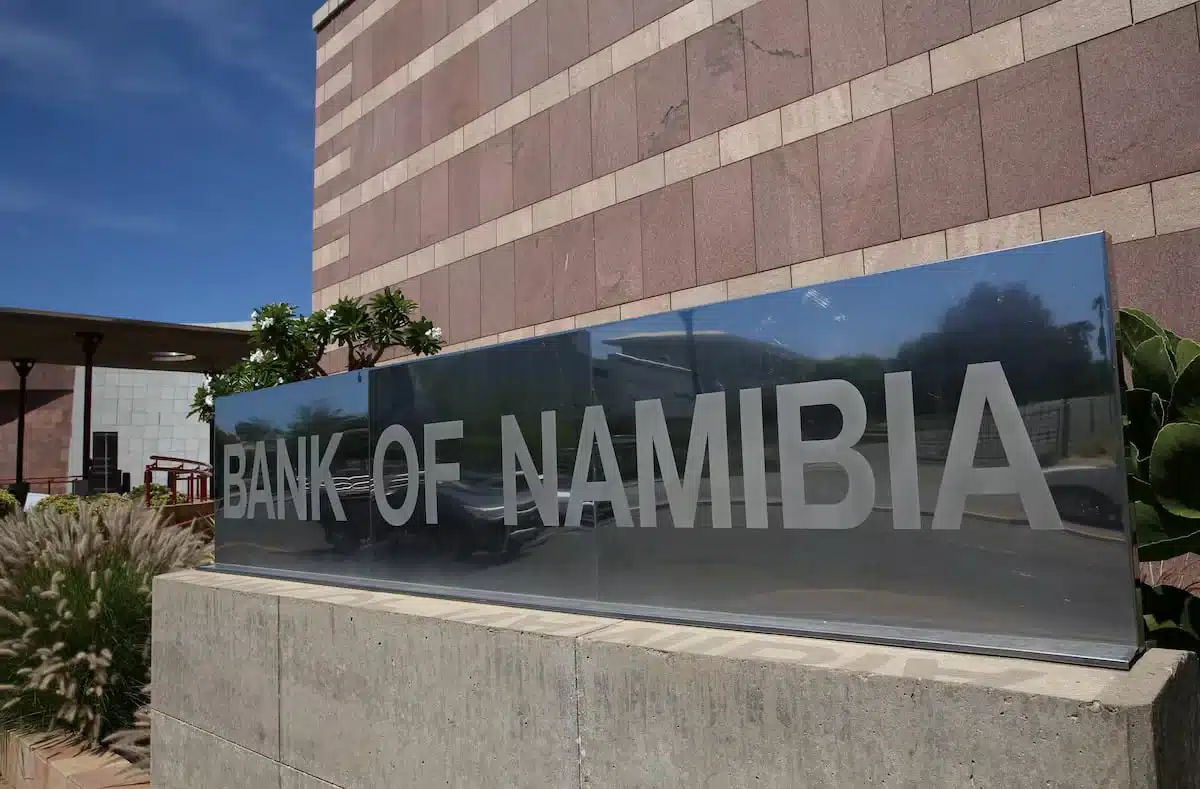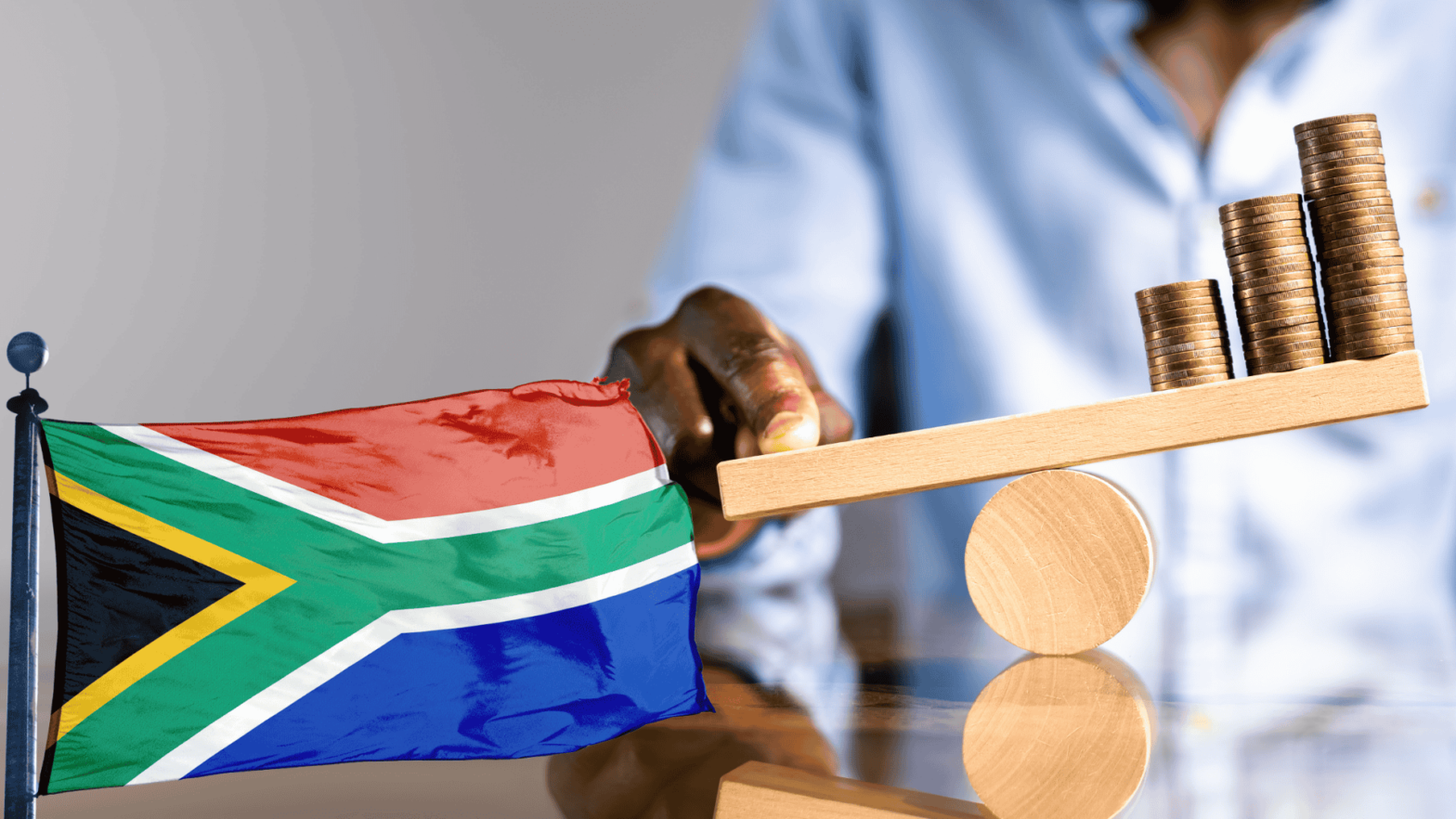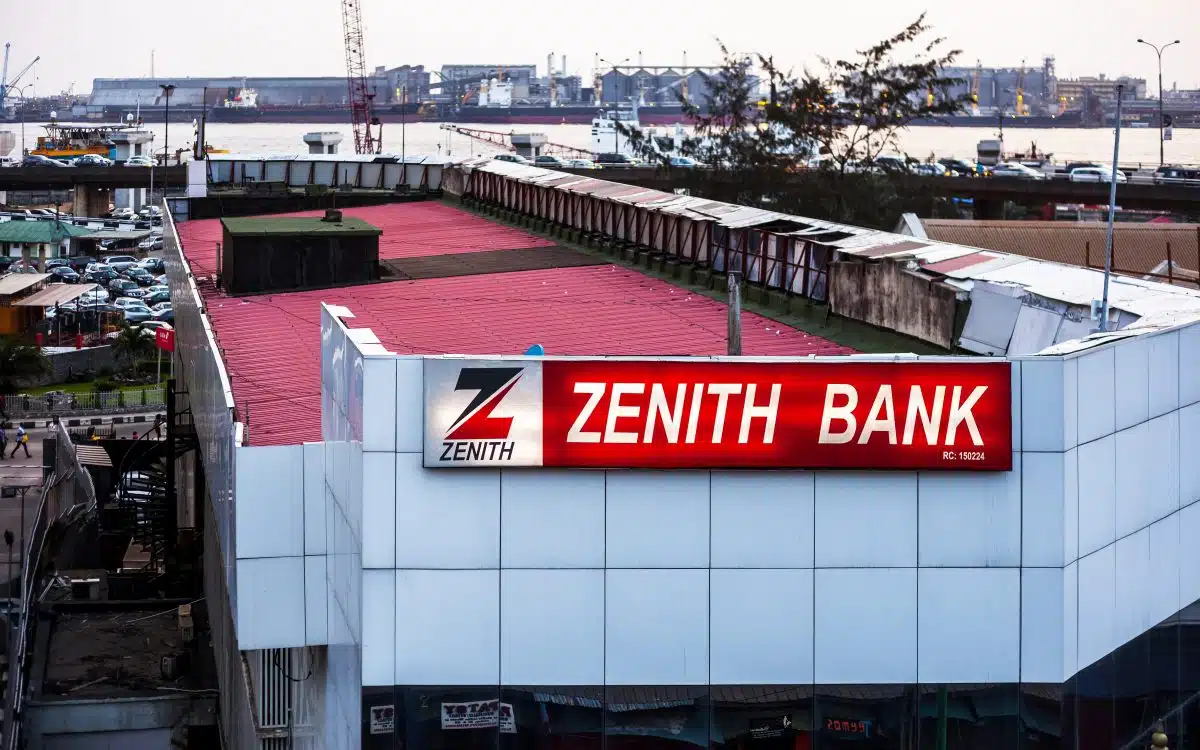Across Africa, governments are increasing taxes on the telecommunications sector, seeing it as a major source of revenue due to its fast growth and role in financial inclusion.
Countries like Mali, Ghana, Uganda, Tanzania, Nigeria and Cameroon introduced taxes on mobile operators and digital transactions which affected business costs and economic activity.
While these taxes are meant to fund infrastructure and security, they also raise concerns about their impact on businesses, digital payments, and foreign investment.
Telecom taxes in Mali
In February 2025, Mali introduced several tax increases in the telecommunications sector. The government raised the tax on mobile operators’ revenue from 8% to 10% and introduced a new 1% levy on mobile money withdrawals. Additionally, the tax on telecom services increased from 5% to 7%, with authorities expecting to collect an additional 13 billion CFA francs annually.
The mobile communications sector is a critical pillar of Mali’s economy. As of early 2024, the country had 22.8 million active mobile connections, representing 96.4% of the population.
The industry recorded a turnover of 649 billion CFA francs in 2023, making it one of Mali’s highest tax-contributing sectors.
With mobile phone subscriptions rising from 19.7 million in 2013 to 25.25 million in 2023 and internet subscribers surging from 3.4 million to 13.4 million in the same period, the government sees telecoms as a lucrative tax base.
Telecom taxes in Ghana
Ghana introduced a 1.5% Electronic Transactions Levy (E-Levy) in May 2022, targeting mobile money transfers and digital transactions. The government initially projected GHS 6.96 billion ($840 million) in revenue for the first year, but widespread opposition and lower-than-expected compliance led to a decline in mobile money usage.
Reports indicated a significant drop in transaction volumes, prompting a reduction of the tax to 1% in 2023. However, the damage to financial inclusion and consumer trust had already been done.
Telecom taxes in Uganda
In 2018, Uganda introduced a daily tax of 200 Ugandan shillings (about $0.05) for using social media platforms and a 1% tax on mobile money transactions. Due to public protests, the government reduced the mobile money tax to 0.5%. These taxes led to a 24% drop in mobile money transactions, especially affecting low-income users who relied on these services.

Many people also used Virtual Private Networks (VPNs) to avoid the social media tax, which reduced the expected government revenue. These policies hurt efforts to increase financial inclusion and showed that high telecom taxes can discourage digital transactions.
In 2023, the Uganda Revenue Authority (URA) audited major telecom companies, including MTN Uganda, to check their tax compliance from 2018 to 2022. This audit led to significant tax disputes, with URA claiming substantial unpaid taxes. This audit led to significant tax disputes, with URA claiming substantial unpaid taxes.
The ongoing standoff stems from August 2023, when URA launched a tax investigative audit of the telecom sector, including MTN Uganda, to assess the sector’s tax compliance for the years 2018-2022.
MTN Uganda has been in a dispute with the URA over a tax assessment of approximately Shs 1.5 trillion, which was later reduced to Shs 260 billion after further reviews.
Telecom taxes in Tanzania and Cameroon
In 2021, Tanzania added a tax on mobile money transactions, ranging from TZS 10 to TZS 10,000 per transaction. This was on top of existing taxes: an 18% value-added tax and a 10% excise duty on mobile money fees.
After public complaints, the government reduced the new tax by 30% in September 2021 and by another 43% in July 2022. Despite these cuts, many people returned to using cash due to higher transaction costs, which hurt efforts to increase financial inclusion.
Similarly, in January 2022, Cameroon introduced a 0.2% tax on mobile money transfers and withdrawals. Critics said this tax unfairly affected rural communities, where mobile money is often the main way to bank, making digital transactions less appealing and hindering financial inclusion. The International Monetary Fund warned that such a tax could backfire by slowing financial inclusion.
Telecom taxes in Nigeria
Nigeria’s telecom sector has faced a series of tax changes, leading to debates about costs, investment, and government revenue.
In October 2024, the government proposed a 12.5% telecom tax on top of the existing 7.5% VAT, raising concerns about higher prices for consumers. Earlier, in May 2024, reports suggested the government planned to bring back previously suspended telecom taxes to secure a $750 million World Bank loan.
By January 2025, tensions grew when the government approved a 50% increase in telecom tariffs and in February, some telecoms like MTN Nigeria implemented the 50% tariff hike.
This has raised backlash from the National Association of Telecommunication Subscribers (NATCOMS) who are demanding sanctions against operators, and also the Nigerian Labour Congress (NLC) who condemned the hike and plans a telecom boycott, threatening a total shutdown by March 1 if not reversed.
Telecom taxes across Africa
Rising telecom taxes across Africa are making business more expensive, reducing financial inclusion, and creating uncertainty for investors. In Mali, higher taxes on mobile operators are expected to lead to increased service fees, making digital transactions costlier for businesses.
The same is happening in Nigeria, Uganda, Tanzania, Cameroon, and Ghana, where telecom tax hikes have raised costs for both companies and individuals. In Nigeria, for example, the recent 50% telecom tariff increase has faced strong opposition from labor unions and consumer groups, who argue that it will drive up business costs and make digital services less affordable.
Financial inclusion is also at risk. Mobile money has played a major role in expanding financial access across Africa, particularly in countries like Mali, where usage grew from 38% in 2017 to 54% in 2022.
However, higher transaction costs could push people back to using cash, reversing progress. This has already happened in Uganda and Tanzania, where telecom taxes made mobile money less attractive.
Uganda’s 1% tax on mobile money transactions in 2018 was later reduced to 0.5% after public outrage, yet usage still declined. In Tanzania, a 2021 levy of up to 10% on withdrawals led to a 38% drop in transactions within three months, forcing a policy revision. Cameroon’s 2022 mobile money tax had a similar effect, discouraging digital payments and hurting financial inclusion.
Frequent tax changes are also making investors wary. In Mali, recent tax hikes, including an increase in corporate tax from 25% to 30% in 2023 and a digital services tax in 2022, have raised concerns about policy instability.
Ghana has also faced similar issues as a 1.5% e-levy on digital transactions in 2022 was later reduced to 1% after backlash, but mobile money usage still declined as people sought alternatives.
In Nigeria, telecom companies are struggling with rising costs, and the government’s decision to reinstate telecom taxes to secure a $750 million World Bank loan has been met with resistance from businesses and consumers.
Luckily, many of these countries have rich natural resources that could provide stable revenue if properly managed. Mali’s gold mining sector, which makes up 80% of exports, has faced challenges due to unpredictable taxes, leading to disputes like Barrick Gold’s $250 million tax conflict.
Nigeria, despite its vast oil and gas reserves, struggles with unstable policies and underinvestment. Also, Uganda which launched oil production in the Lake Albert region, but high regulatory costs and legal disputes with international oil companies slowed progress.
Tanzania, which has gold, diamonds, and natural gas, has also lost investor confidence due to sudden tax changes. In 2017, the government hit Acacia Mining with a $190 billion tax bill, bill, leading to a prolonged legal battle and a decline in investment.
Similarly, Ghana, one of Africa’s top gold producers, attempted to introduce a windfall tax on mining profits but later suspended it after strong opposition from companies.
Cameroon, with significant oil and timber exports, has also struggled with inconsistent tax policies, such as sharp increases in timber export taxes and sudden policy shifts in the oil sector, making investment riskier.
If governments focused on properly regulating and taxing their resource industries rather than relying on telecom taxes, they could generate stable revenue without harming businesses or financial inclusion. A predictable tax system would attract investors, increase government income, and reduce the need for excessive telecom taxes that make digital services more expensive for businesses and consumers.
Stable policies in resource-rich industries would not only provide governments with reliable tax revenue but also allow the telecom sector to grow without being weighed down by excessive levies.











